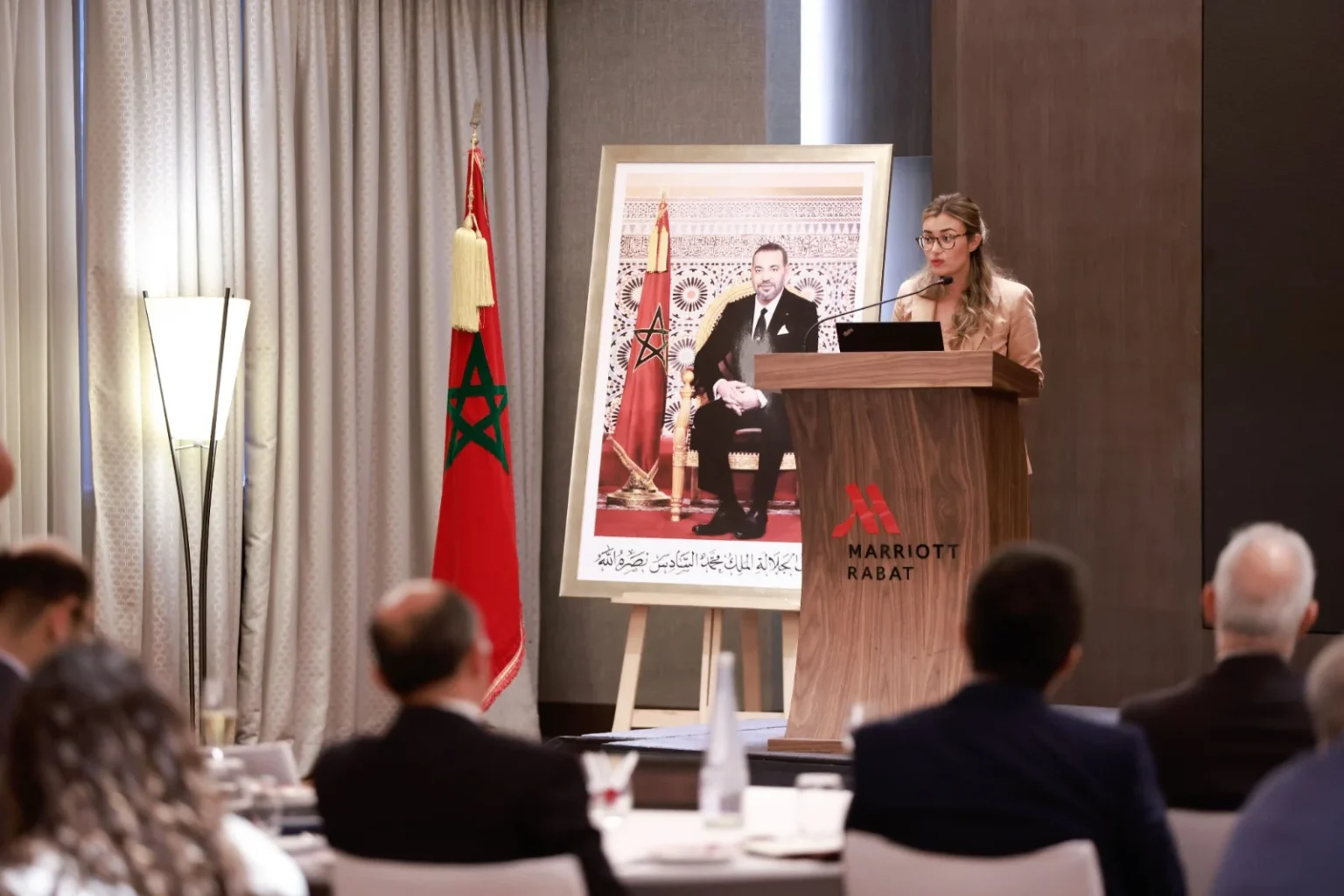The Moroccan Institute of Strategic Intelligence (IMIS) unveiled a report on the new water challenges facing the Kingdom on Monday in Rabat, titled “Water and Climate: Is Morocco at a Crossroads?”.
“The document is part of a dual strategic ambition: to offer a critical and forward-looking reading of the challenges by 2030-2050 and to formulate concrete recommendations for all stakeholders,” indicates a statement from IMIS.
This “important” research work, presented during a meeting attended by several prominent figures, was at the heart of discussions between the Minister of Equipment and Water, Nizar Baraka, and the president of IMIS, Abdelmalek Alaoui, aimed at fostering in-depth reflection on this issue between researchers and decision-makers.
As the water issue emerges as a structuring challenge for national public action, IMIS mobilized a multidisciplinary team led by lawyer Ghalia Mokhtari, a specialist in infrastructure issues in Morocco, for more than four months to produce this document aligned with this dual strategic ambition, the statement adds.
Structured in three parts, this strategic report is written and coordinated by Me Mokhtari, under the direction of Mr. Alaoui and with the participation of Ahmed Azirar, Yasmine El Khamlichi, Meryem Benhida, as well as a panel of independent experts.
The first part focuses on understanding the multidimensional origin of the crisis: the continuous decline of renewable resources, chronic over-exploitation of aquifers, the aggravating effects of climate change, and a thorough analysis of the agro-export model, while the second revisits the Vision of His Majesty King Mohammed VI, who has elevated the water issue to a national priority. This is an action structured around three pillars: the equitable expansion of access to drinking water, particularly in rural areas, support for agricultural productivity through water management, and massive investment in hydraulic infrastructure.
The third part explores the innovations and limitations of the historical mobilization model: siltation of dams, accumulated delays in inter-basin transfers, still limited development of wastewater reuse, but also the increasing role of desalination, with the stated goal of covering 50% of drinking water needs by 2030.
This report contributes to strategic reflection by providing a benchmark of countries that have points of convergence or contrast with the Moroccan model, namely Jordan, Spain, and Chile.
To address the scale of the identified challenges, IMIS proposes ten concrete action levers in this report. First, establish a common knowledge base by creating a unified national water data system, and better regulate agricultural uses while instituting a fairer water pricing system.
In this logic, the report calls for rethinking agricultural incentives in favor of crops adapted to water stress, strengthening control measures on the ground through remote monitoring of wells, and formalizing aquifer management among users, basin agencies, and local authorities.
At the same time, IMIS experts advocate for accelerating the use of desalination and wastewater reuse, funded by public-private partnerships and green debt instruments.
The Strategic Report also proposes imposing the water footprint as a prerequisite for any investment project, emphasizes the urgency of changing mindsets, particularly through a future “Water Academy,” and recommends creating an interdisciplinary observatory on the water-energy-agriculture-ecosystems nexus.
As a think tank dedicated to analyzing Morocco’s strategic issues, IMIS publishes in-depth studies on the Kingdom’s economic and geopolitical transformations and contributes to the development of recommendations for sustainable and resilient growth.


